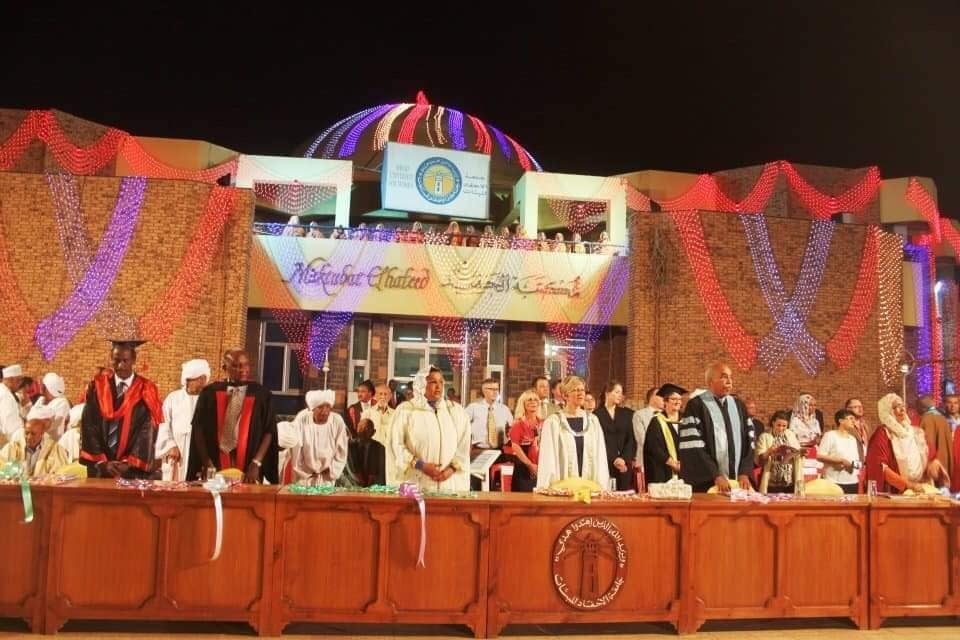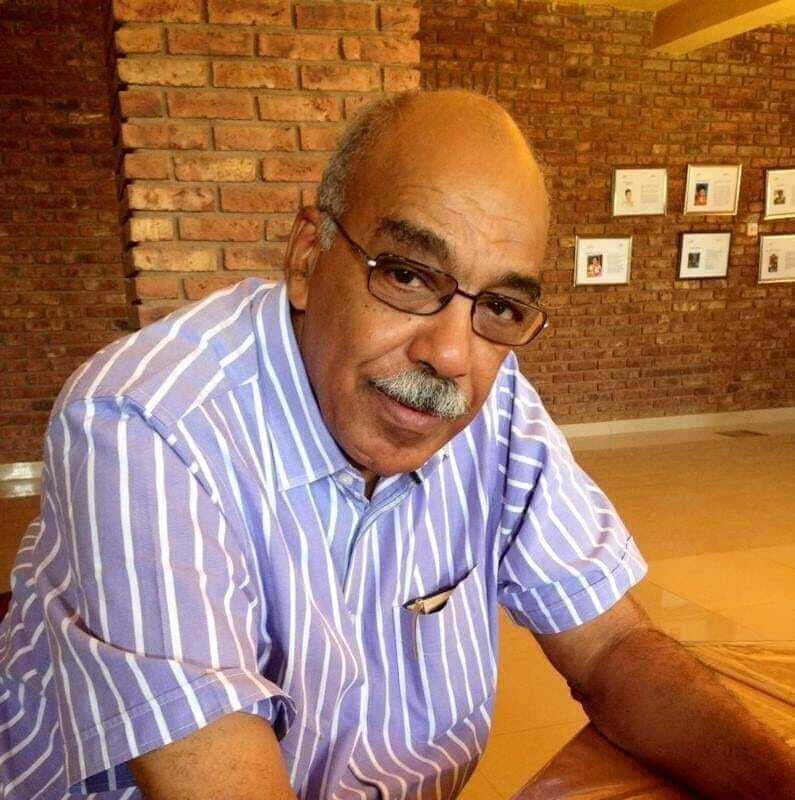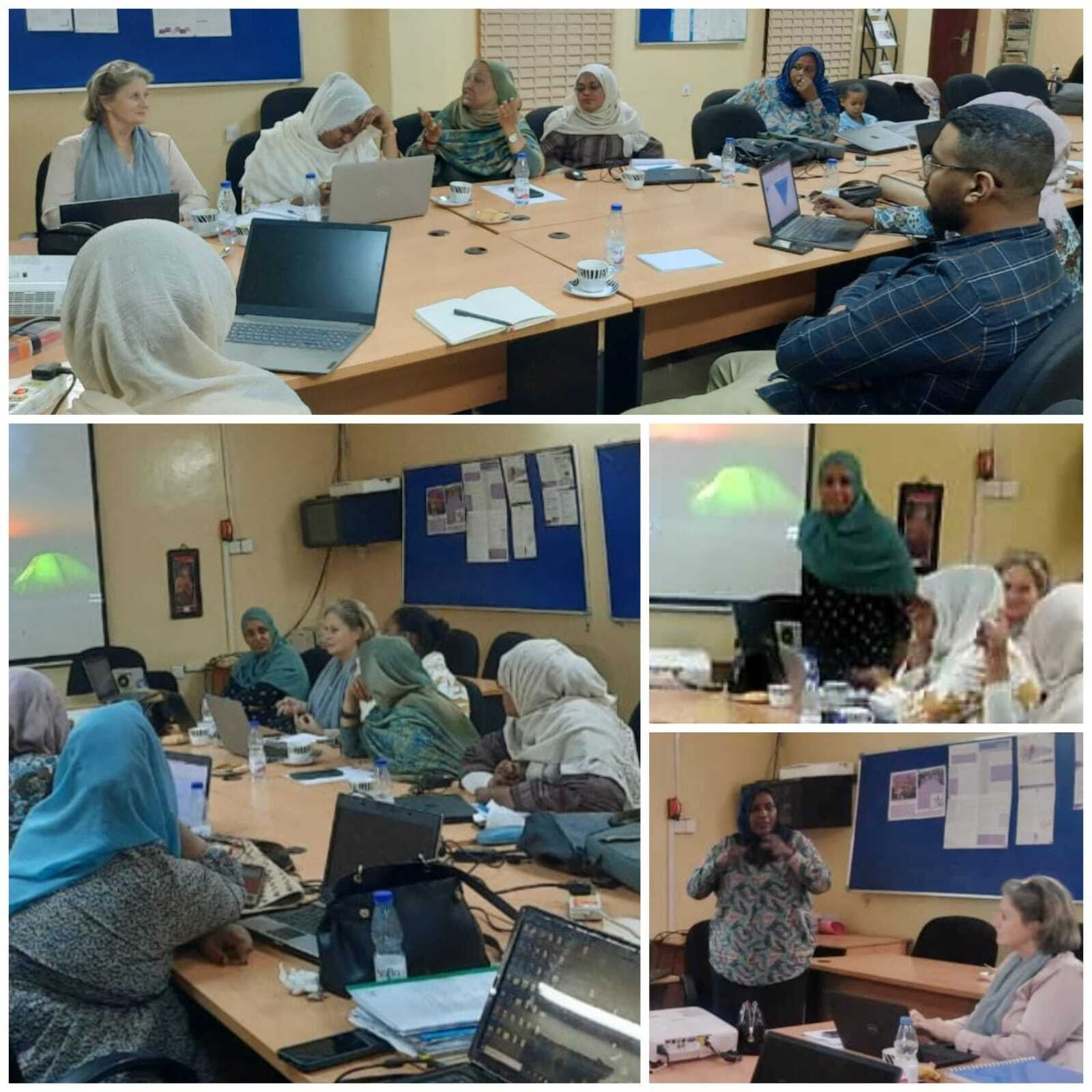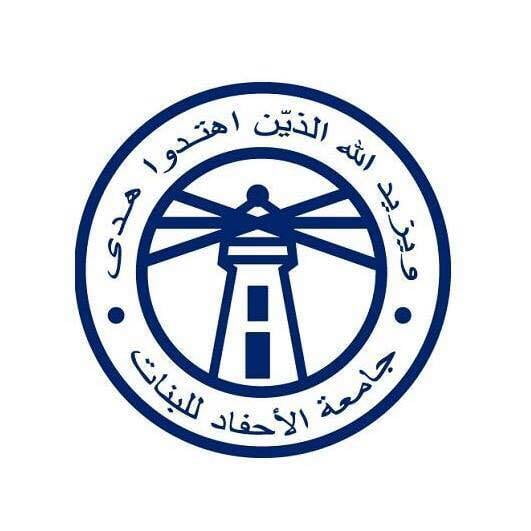Ahfad University for Women

Ahfad University for Women is the direct result of the steadfast vision of two men, Sheik Babiker Badri (1860 - 1954) and Professor Yousif Badri (1912-1995). Sheik Babiker combined the traditional Islamic devotion to learning with his own- then radical -notion of providing secular education in addition to religious instruction for both boys and girls. Babiker Badri established the first secular school for girls in Sudan at Rufa’a in 1907. In 1951, the Ahfad Girls’ Intermediate School was established in Omdurman, and in 1955, his son Yousif Badri established the Ahfad Girls’ Secondary School. Ahfad University College for Women was later founded at the School’s sites in Omdurman in 1966. The Ministry of Education granted the new College the right to confer diploma certificates upon completion of its four-year program.
undergraduates & Postgraduates
8,200
faculty members
Over 400
Student from Different African Countries
Over 850
Graduates
26,900
Our Mission and vision
Ahfad University for Women Mission:
To provide quality education for women to strengthen their roles in national and rural development, and in seeking equity for themselves and fellow women in all facets of Sudanese society using a combination of well-articulated academic programs, professional training, research, and community outreach activities.
Ahfad University for Women Vision Statement:
To be a nationally prominent university and a leading institution worldwide recognized for its academic excellence, research, women empowerment, civic engagement and social responsibility.
About the President
Welcome to the President's Corner, where you can discover the inspiring journey and impactful contributions of Professor Gasim Yusuf Babiker Badri, the visionary leader and President of Ahfad University for Women. With a lifelong dedication to education, community empowerment, and progress, Prof. Badri has left an indelible mark on our institution and beyond.
Biography
Prof. Gasim Badri's story is one of passion, heritage, and commitment to education. Born on December 12, 1946, in Omdurman, Sudan, he hails from a family deeply rooted in educational values. His grandfather pioneered girls' education in 1907, and his father established the first women's university in Africa and the Middle East. Following in their footsteps, Gasim's journey began at a young age, studying history and psychology at the American University in Beirut.
Leadership Journey
Prof. Badri's journey brought him back to his roots, where he embarked on a remarkable path as a junior lecturer at Ahfad University for Women. His dedication, academic pursuits, and leadership qualities led him to ascend the ranks, ultimately becoming the President of the institution in 1978. Through his unwavering vision, patience, and ability to navigate challenges, Prof. Badri's presidency witnessed significant developments in infrastructure, academic programs, and community engagement.
Prof. Badri's journey brought him back to his roots, where he embarked on a remarkable path as a junior lecturer at Ahfad University for Women. His dedication, academic pursuits, and leadership qualities led him to ascend the ranks, ultimately becoming the President of the institution in 1978. Through his unwavering vision, patience, and ability to navigate challenges, Prof. Badri's presidency witnessed significant developments in infrastructure, academic programs, and community engagement.
Empowering Women and Community
A strong advocate for women's empowerment, Prof. Badri's tenure marked the expansion of Ahfad University for Women to encompass a diverse array of schools, institutes, and specialized units. These initiatives include the Institute of Women, Gender and Development Studies, the Nutrition Centre for Training and Research, and the Early Childhood Development Centre, among others. His commitment to fostering community development and women's rights is evident in various outreach programs and partnerships.
A strong advocate for women's empowerment, Prof. Badri's tenure marked the expansion of Ahfad University for Women to encompass a diverse array of schools, institutes, and specialized units. These initiatives include the Institute of Women, Gender and Development Studies, the Nutrition Centre for Training and Research, and the Early Childhood Development Centre, among others. His commitment to fostering community development and women's rights is evident in various outreach programs and partnerships.

Prof. Gasim Badri
Research & Grants Unit

The Research and Grants Unit at Ahfad University for Women plays a pivotal role in aligning research endeavors with the university's mission, as outlined in its charter and constitution. This unit serves as a dedicated entity for fostering, coordinating, and facilitating research activities. Its primary objectives encompass enhancing the research capabilities of both faculty members, through training initiatives, and students, by offering courses in research methods. Additionally, the unit endeavors to bolster the integration of research findings into policy formulation and strategic planning, thereby contributing to informed decision-making processes within the university community and beyond.
Philosophy
The Goal of Ahfad
The Goal of Ahfad
The goal of Ahfad University for Woman is to prepare women to assume responsible roles in their families, communities, and in the nation. In keeping with this objective “the Ahfad experience” embraces a combination of well articulated academic courses, on-the-job training, individual research, and community extension activities. This combination of activities is designed to prepare women from all parts of Sudan to become change agents in their families and communities and to assume leadership positions in society.
Women as Professional Leaders
Women as Professional Leaders
In keeping with its philosophy of preparing women for modern leadership positions, campus-based instruction is in English. Commitment to world class education and preparation for leadership positions for women in a non-political environment has remained the basic purpose of AUW.
New Opportunities for Higher Education for Sudanese Women
New Opportunities for Higher Education for Sudanese Women
Professor Yusuf Badri expanded on Sheik Babiker’s vision by creating significant new opportunities for higher education for Sudanese women. In one radical step, Professor Yusuf incorporated a philosophy of secular education and clear goals for educated women in a changing society on an apolitical campus. This last factor is critical because higher education institutions in Sudan have a long history of political activity that regularly keeps the campuses closed due to political protest or strikes. Ahfad students would focus on education. They could engage in religious and political actions off campus on their own time.
Women’s Development Through More than a Decade
This vision is rooted in Sheik Babiker’s purpose in establishing his school for girls in 1907. He combined the traditional Islamic devotion to learning with his then radical idea of providing secular education, in addition to religious instruction, to both boys and girls. Sheik Babiker saw that educated women were essential to achieving improvements in nutrition, health, child care, community development, and for preparing both young men and women for life in the emerging urban society of Sudan.





